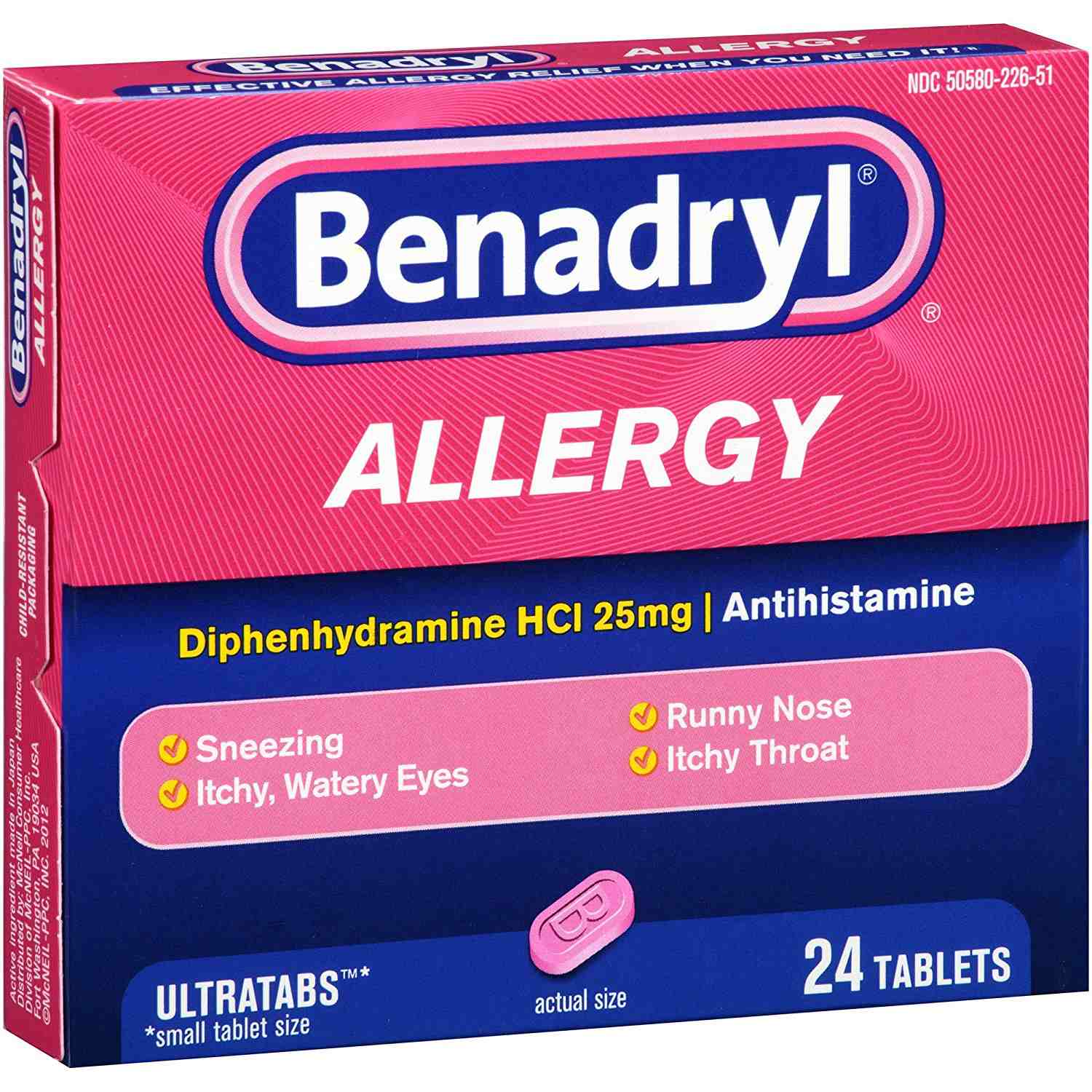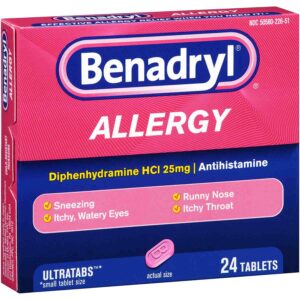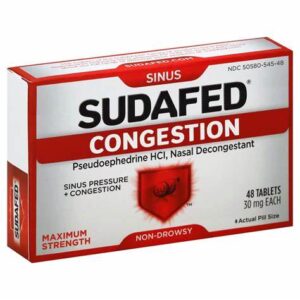
Antiallergic Medications – A Guide to Allergy Relief
Allergic reactions are common and can cause discomfort ranging from mild symptoms like sneezing to more severe conditions like anaphylaxis. This article highlights the types of antiallergic medications, their uses, and popular brands that provide effective relief.
Types of Antiallergic Medications
Antiallergic medications come in various forms, each designed to address specific allergy symptoms. The main categories include
- antihistamines
- decongestants
- corticosteroids
- mast cell stabilizers
a) Antihistamines
Antihistamines are the most commonly used antiallergic medications. They work by blocking histamines, chemicals released by the immune system that cause allergy symptoms like itching, swelling, and sneezing.
- Uses: Effective for seasonal allergies, hay fever, and reactions to insect bites.
- Popular Brands:
- Zyrtec (Cetirizine)
- Claritin (Loratadine)
- Benadryl (Diphenhydramine)
b) Decongestants
Decongestants relieve nasal congestion caused by allergic rhinitis. They constrict blood vessels in the nasal passages, reducing swelling and allowing air to flow freely.
- Uses: Short-term relief from nasal congestion and sinus pressure.
- Popular Brands:
c) Corticosteroids
Corticosteroids are powerful anti-inflammatory medications that reduce inflammation and swelling associated with allergic reactions. They are available as oral or topical formulations.
- Uses: Treatment of severe allergic reactions like asthma, skin conditions, and rhinitis.
- Popular Brands:
- Flonase (Fluticasone) – nasal spray
- Nasonex (Mometasone) – nasal spray
- Prednisone (oral corticosteroid)
d) Mast Cell Stabilizers
Mast cell stabilizers block the release of histamine and other allergy producing chemicals. They are commonly prescribed as a preventive measure.
- Uses: Prevention of allergic rhinitis, conjunctivitis, and asthma attacks.
- Popular Brands:
- Cromolyn Sodium (Nasal spray or eye drops)
How Antiallergic Medications Work
The immune system overreacts during allergic reactions, releasing chemicals like histamine. These chemicals cause common allergy symptoms like sneezing, itching, and swelling. Antiallergic medications counteract these symptoms by blocking or reducing the activity of these chemicals.
Key Specifications of Popular Antiallergic Medications
-
Zyrtec
(Cetirizine)
- Form: Oral tablets, liquid
- Use: Treats seasonal allergies, hay fever, and hives
- Dosage: Once daily
-
Claritin
(Loratadine)
- Form: Oral tablets, syrup
- Use: Relieves sneezing, runny nose, and itching
- Dosage: Once daily
-
Sudafed
(Pseudoephedrine)
- Form: Oral tablets
- Use: Relieves nasal congestion
- Dosage: Every 4 to 6 hours
-
Flonase
(Fluticasone)
- Form: Nasal spray
- Use: Reduces nasal congestion, sneezing, and itching
- Dosage: Once daily
-
Prednisone
- Form: Oral tablets
- Use: Treats severe allergies and asthma
- Dosage: Varies based on prescription
When to Seek Medical Advice
While antiallergic medications can be effective, it’s important to consult a healthcare provider if:
- Symptoms worsen or don’t improve
- You experience side effects like drowsiness or dizziness
- You require long-term use of the medication
Conclusion
Antiallergic medications are essential for managing symptoms of allergies. By understanding their types, uses, and popular brands, you can choose the right medication for your needs. Always consult a healthcare professional for personalized advice and guidance on managing allergies effectively.

